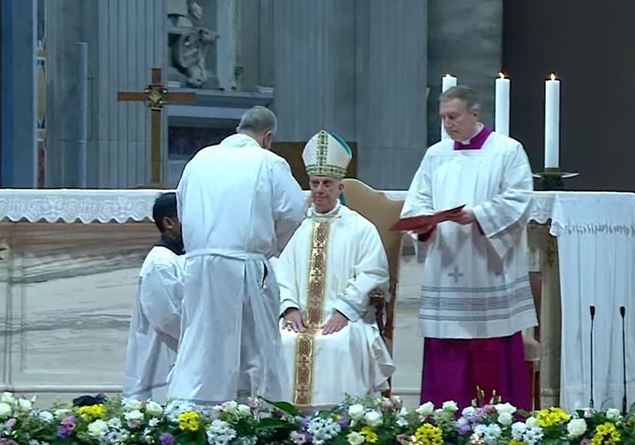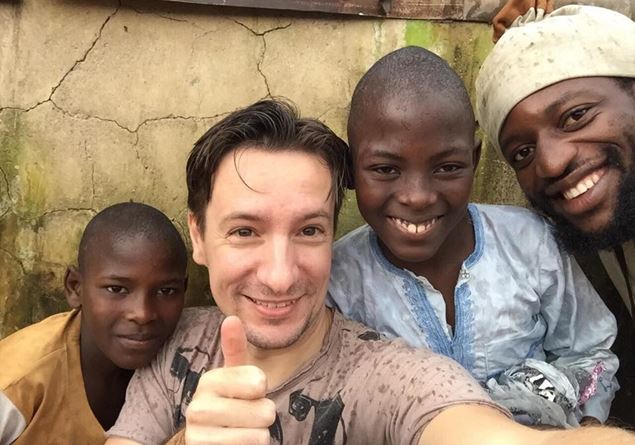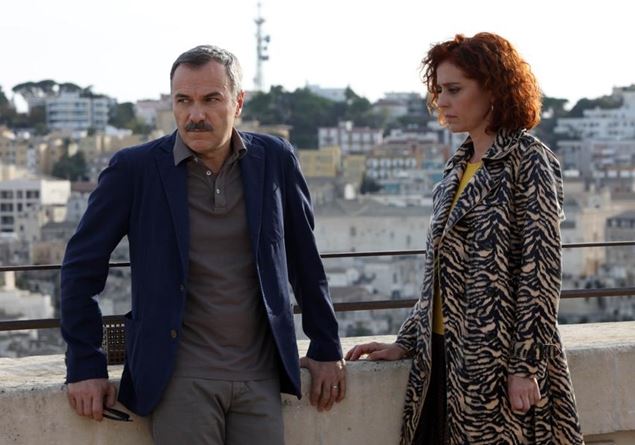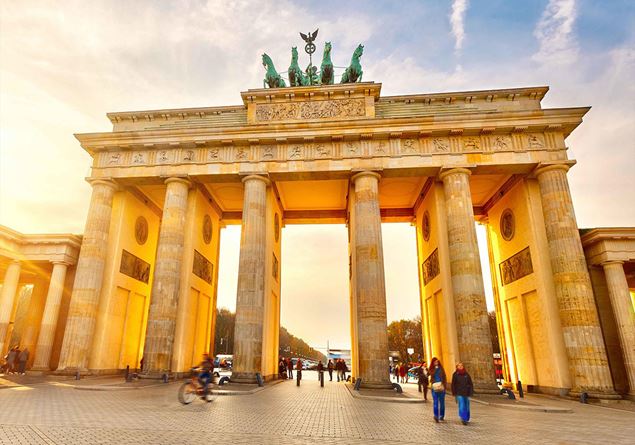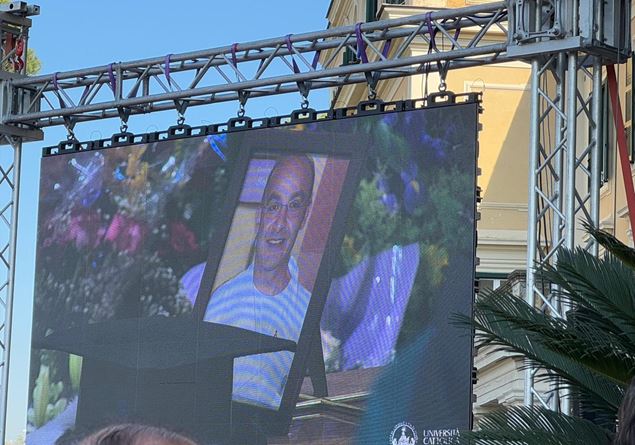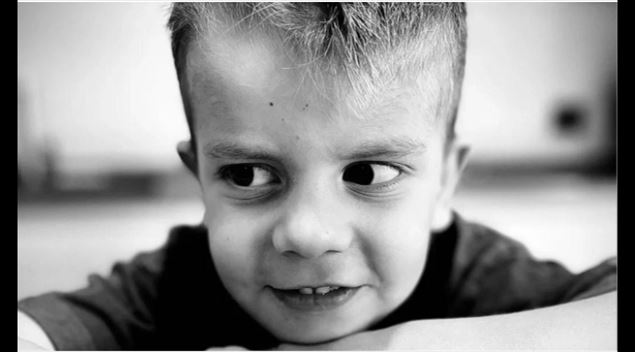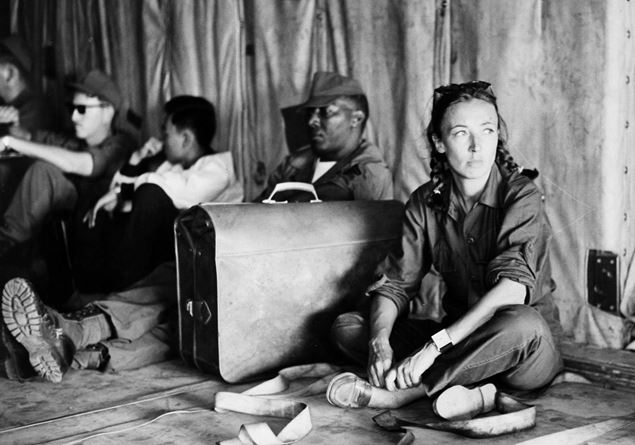by Michele Bertollo
Four years ago, on February 22, a tragedy was consumed that deeply marked the panorama of Italian and international diplomacy. Luca Attanasio, then ambassador to the Democratic Republic of the Congo, lost his life in an attack on Goma while he was on a mission for the World Food Program. With him, the carabiniere Vittorio Iacovacci and the Congolese driver Mustapha Milambo were victims of a violence that shook not only the Italian political fabric, but the entire geopolitical balance of the region.
The procedural developments of recent years have offered a partial response to this dramatic episode. The military court of Kinshasa sentenced five men to life imprisonment, judged responsible for the material execution of the attack. At the same time, the Rome Prosecutor’s Office decided not to proceed against Rocco Leone and Mansour Rwagaza, figures who, despite having been involved in serious organizational defaults relating to the mission, invoked diplomatic immunity. This decision, in addition to raising issues of institutional responsibility, highlights the difficulties inherent in international cooperation in a context characterized by institutional fragility and geopolitical tensions.
A note of bitterness was added by the failure to establish the Italian state as a civil party in the Italian process, a choice that has further complicated an already onerous process and afflicted by problems of transparency and coordination between the competent authorities. In this context, the Attanasio case does not appear as a simple isolated episode, but as a lens through which to examine the complexity of diplomatic relationships in areas of the world in which the state of law and political stability prove precarious.
The Congolese context, where the presence of insurrections and ethnic tensions is intertwined with economic and geopolitical interests, offers further reading keys. The recent action of the Filo-Tradese rebels of the M23, which has directly affected the city of Goma, underlines how the dynamics of local and regional power can heavily affect international resonance events. In this scenario, the murder of Attanasio becomes a symbol of an ongoing challenge: that of making the world of diplomacy dialogue with the most complex and often violent realities of the territories in crisis.
The memory of Luca Attanasio therefore remains a warning, an invitation to reflect on the human costs of the diplomatic and humanitarian missions in difficult contexts, and to renew the commitment for more effective and transparent international cooperation, capable of protecting those who, like him, are sacrificed for the common good.


